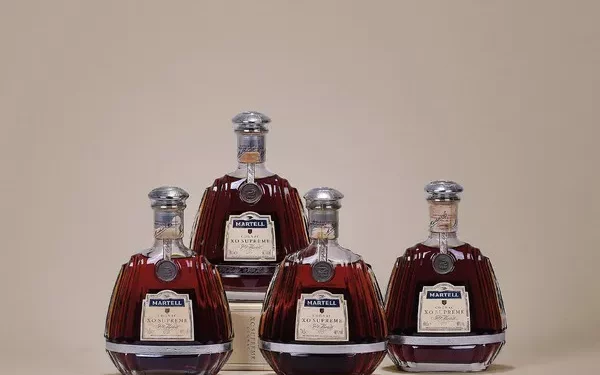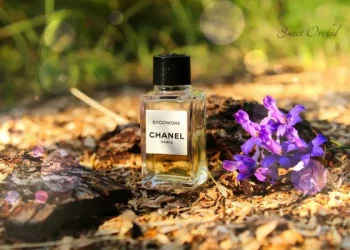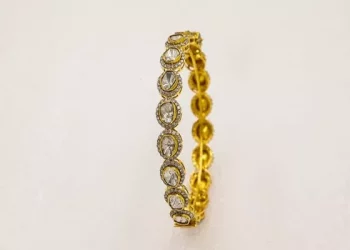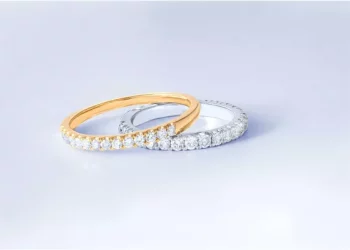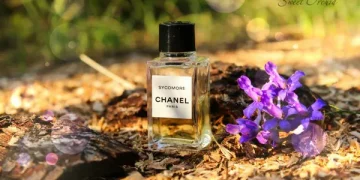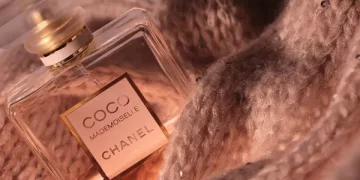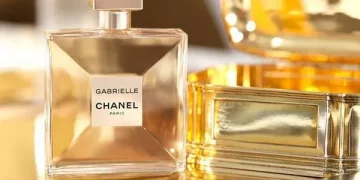What is sulfite?
Why does almost every bottle of wine have sulfites on the label, and what exactly do they do to wine?
First of all, we need to be clear that sulfites are natural by-products of the fermentation process and are very beneficial for wine.
On the one hand, it prevents the wine from oxidizing and keeps its freshness.
On the other hand, in the process of wine fermentation, sulfite also plays the role of extracting pigment and maintaining the flavor of wine.
It is because of the special function of sulfite that it occupies an irreplaceable position in the production and storage of wine.
Almost all wines in the world contain sulfites at very low levels, ranging from 10 to 350PPM (parts per million).
Because SULFITE HAS THE FUNCTION OF selection, clarification, acidification and dissolution, THEREFORE, the correct use of SULFite can make wine brewing and storage smoothly, so as to improve the quality of wine.
So how does sulfite perform these functions?
In the process of wine making, when sulfur dioxide comes into contact with organic matter such as grape juice, grape seeds and grape skins, a series of chemical reactions will occur, forming sulfur dioxide and Bisulphite.
The bisulfite then combines with more than 50 molecules in the unfermented grape juice (Must), helping it extract color and flavor.
Sulfur dioxide acts as an Antimicrobial Agent, killing bacteria, yeast and others.
In general, yeast used for grape juice fermentation has a strong ability to resist sulfur dioxide, which will not affect its normal fermentation.
However, it should be noted that high levels of sulfur dioxide can give wine a bad smell like rotten eggs.
Winemakers are always trying to make good wine.
A GOOD WINEMAKER WILL CAREFULLY MANAGE THE SULFITE content OF THE wine and make full use of its advantages to produce high-quality wines.
So far, scientific studies have found no direct link between sulfites and headaches or allergies.
Once we understand the loving and harmonious relationship between wine and sulfites, we don’t have to talk about “sulfur” color changes anymore!
Of course, if you’re really sensitive to sulfur compounds, you might want to opt for a wine that’s been aged for a while, because the effect of sulfur dioxide gets weaker over time.
The latest market dynamics at any time to see, please pay attention to.

